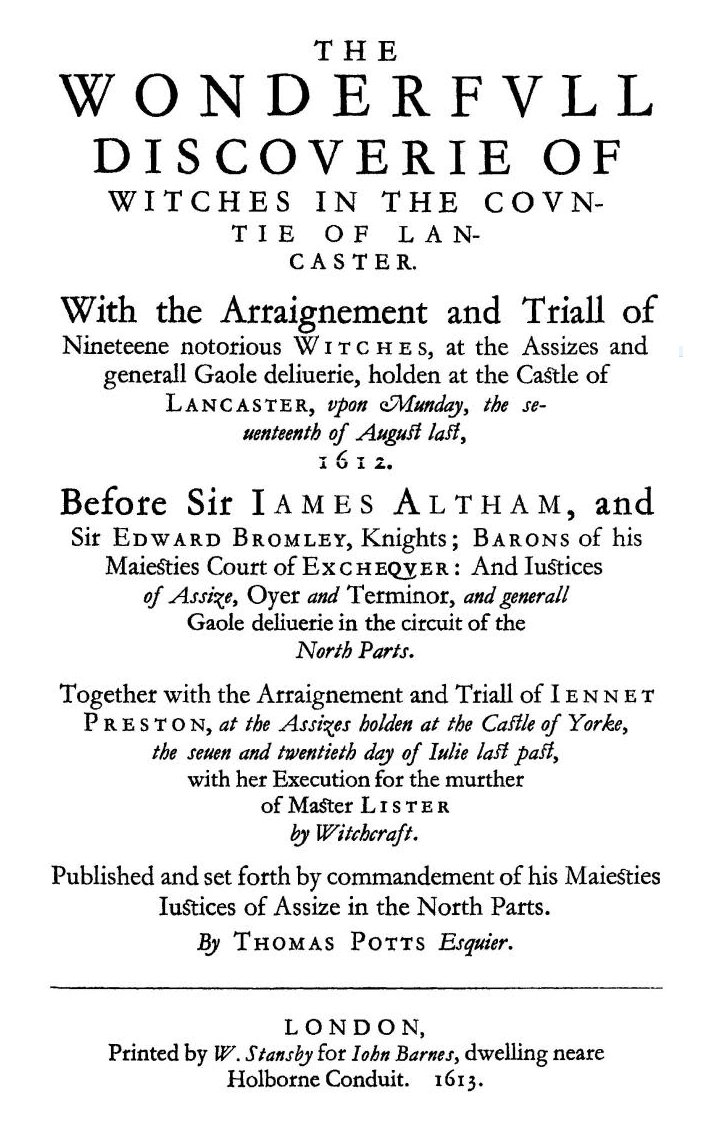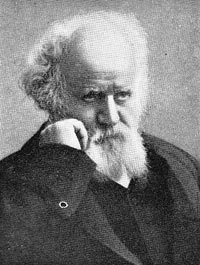 On this date in 1770, August 21, James Cook formally claimed Eastern Australia for Britain. It took long enough.
On this date in 1770, August 21, James Cook formally claimed Eastern Australia for Britain. It took long enough.
Maybe not from the point of view of aboriginal activists who, as elsewhere, point with some irritation to the notion of claiming a place somebody else already calls home. But the curious thing is that if Australia was a fish, a lot of people would have thrown it back. Indeed they did, including the Dutch, who did the nautical equivalent of stumbling across it in the early 17th century and said the Dutch equivalent of phooey. And they weren’t shy about claiming, say, Indonesia or New York both of which had some drawbacks of their own.
Likewise, the British found it in 1688 and said “No thanks” or the unprintable nautical equivalent. Then Cook showed up, during a voyage whose purpose was to let astronomers view the transit of Venus (the planet not the naked goddess on a clam shell), and praised the lush ecology of Botany Bay.
I hope he was a better navigator than he was a biologist. Or that he knew it was propaganda. Because the British did then start sending convicts to start over in what was meant to be a fertile land but was actually a scrubby heap of sand and big fierce crocodiles. (And yes, inhabited. Evidently the first words spoken by an Australian aborigine to a European, on the first British colony ships, were “Warra warra” which means go away. They didn’t, even though the words were accompanied by waving a spear. Mind you Hawaiian natives did kill Cook in 1779 though as it turns out they cooked him but did not eat him, if it’s any consolation to anyone.) Not since Erik the Red came up with the name Greenland over a mug of frozen mead has PR so exaggerated the merits of a country for farming and settlement.
It got settled anyway. And I won’t repeat here what I have said elsewhere about the tragic collision of European culture and diseases with indigenous people in various parts of the world. But I will say that in Australia as elsewhere the aborigines were not living in Eden until white serpents showed up. And I will add, with Daniel Hannan in Inventing Freedom, that the Australia that the British founded did become one of the most prosperous and freest places on earth, and a key contributor to Allied victory in two world wars, because of distinctly English habits of self-government that, following the debacle of the American Revolution, were allowed to flourish in the antipodes. And the locals would not have been better off if the Imperial Japanese had been the first to show up and stay.
After visiting in 2004, Richard John Neuhaus wrote “In Australia it is said that they will not let their geography defeat their history.” And indeed they have not done badly at all for a place that seafaring colonizing nations appeared to be competing for the better part of two centuries to stick someone else with.






